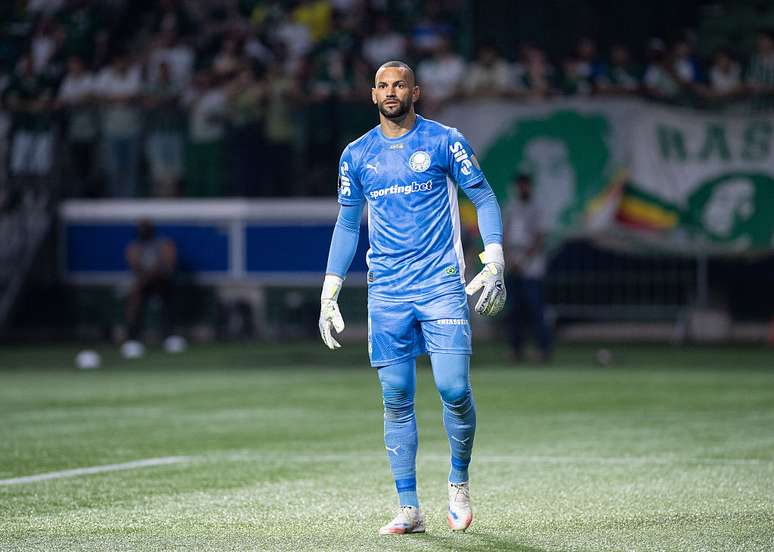Jimmy Carter won the Nobel Peace Prize for his efforts to find peaceful solutions to conflicts and gained global recognition for his work in foreign policy.
In December 1978, Jimmy Carter – who died this Sunday the 29th at the age of 100 – described his belief that American strategic decisions abroad should be guided by respect for human rights. “Human rights are the soul of our foreign policy… because human rights are the soul of our sense of nation.”
In the sphere of foreign affairs, Jimmy Carter’s single term as president of the United States (1977-1981) brought some notable results. The most significant was the Camp David Accords of 1978. Carter, Israeli Prime Minister Menachem Begin, and Egyptian President Anwar Sadat signed an agreement in which Begin agreed to give up the entire Sinai Peninsula, captured by Israel in the Six-Day War of 1967. , in exchange for peace and full diplomatic relations with Egypt.
This exemplified Carter’s confidence in the power of American diplomacy and why U.S. presidents should courageously take on the difficult task of making peace.
Twenty-five years later, and against the backdrop of the build-up to the Second Gulf War, Carter was recognized for his role in the agreements and was awarded the Nobel Peace Prize in 2002. The Nobel Committee said this while George W. Bush was president planned the invasion of Iraq, Carter was recognized for his role in the agreements and received the award: “Former President Jimmy Carter received the Peace Prize for holding peace negotiations, for campaigning for rights humans and for having worked for social well-being”.
They added that the award is in recognition of “his decades of tireless efforts to find peaceful solutions to international conflicts, to promote democracy and human rights, and to promote economic and social development.”
After leaving office in January 1981, Carter sought to use his status as a former president to get involved in the issues and causes that mattered most to him. He created the Carter Center to pursue his own course in personal diplomacy. Since 1982, the center has monitored more than 110 elections in 39 countries.
Ahead of the 2020 US presidential election, and as then-President Donald Trump refused to commit to a peaceful transition if he lost, the Carter Center took the extraordinary step of designating the United States as a “backward” democracy.
Devoted diplomacy
Carter, a devout Christian, has maximized his personal relationships with former world leaders to promote democracy and human rights, support scientific work on disease elimination and mediate when possible to avoid conflict. His activism was not always appreciated by some of his successors in the White House, both Republicans and Democrats. Randall Balmer, a religion professor at Dartmouth College, said the former president’s brand of personal diplomacy often complicated and even contradicted contemporary U.S. diplomatic initiatives.
Carter was a member of The Elders, an independent group of global leaders working to advance peace, social justice, climate change and global human rights. During his years as an active member, Carter devoted considerable energy to the Israeli-Palestinian conflict, visiting the region on several occasions to support the work of the Elders.
In the early 1990s, the former president was involved in mediation work between the US State Department and several rogue states, including North Korea and Libya. In 1994, Carter supported the U.S. government’s diplomatic efforts to resolve the increasingly tense nuclear weapons situation with North Korean leader Kim Il Sung. Carter met Kim in June 1994, becoming the first former US president to visit the country. The trip laid the groundwork for an eventual bilateral agreement between North Korea and the United States. In the deal, North Korea pledged to freeze its plutonium weapons program, while the United States agreed to offer aid.
Continuous work until 90 years old
Carter continued to speak out about contemporary geopolitical events well into his 90s. He was openly critical when Trump announced in May 2018 that he would withdraw the United States from the Iran nuclear deal, which had been negotiated by the Obama administration in 2015. He called Trump’s action a “serious mistake.” Carter believed that an international agreement made by an American president should be binding on all his successors and that, by withdrawing from the Iran deal, the United States was sending a “message to North Korea: if the United States signs an agreement, they may or may not be honored.
One of Carter’s major accomplishments since leaving office has been his center’s work in the health sector, and in particular the eradication of Guinea worm disease. This is a parasitic infection caused by drinking contaminated water. The consequences of the disease, although not fatal, can disable the patient and lead to permanent disability.
The Carter Center has committed to training more than 100,000 village health workers, invested in education programs and provided water filters to protect people from ingesting the parasite. The results were very successful. According to the center: “The incidence of Guinea worm disease has been reduced from approximately 3.5 million in 1986 to 13 in 2023, with the disease eliminated in 17 countries.”
Jimmy Carter’s commitment to human rights never wavered, and his concept of a human rights-oriented foreign policy was his greatest hallmark. The former president’s work earned him international acclaim and demonstrated why American leaders must reject shortsighted calculations that risk making the United States complicit in human rights abuses.
Richard Hargy does not consult, work for, own shares in, or receive funding from any company or organization that would benefit from the publication of this article, and has not disclosed any relevant relationships beyond his academic position.
Source: Terra
Rose James is a Gossipify movie and series reviewer known for her in-depth analysis and unique perspective on the latest releases. With a background in film studies, she provides engaging and informative reviews, and keeps readers up to date with industry trends and emerging talents.






